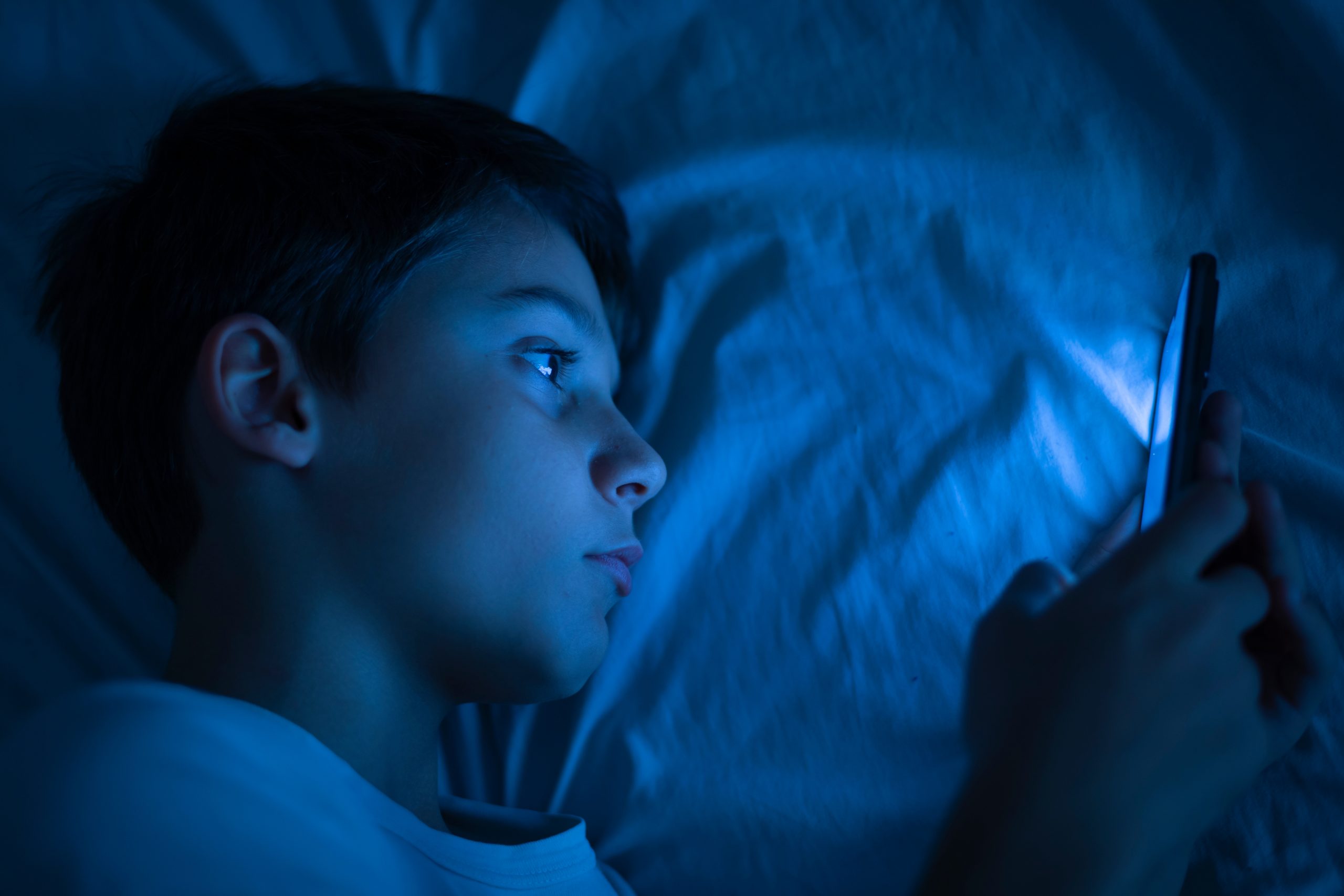In today’s digital world, the challenges facing young people are evolving rapidly. As Headteacher of Sion School in Worthing, I’ve spent over a decade witnessing these changes firsthand. One issue stands out as particularly urgent and deeply troubling: the role of smartphones in childhood.
This isn’t about fearmongering. It’s about reflection – and action.
The Vanishing Summer
Think back to your own childhood summers. Days spent outdoors, riding bikes, building dens, and exploring nature. These moments of freedom and imagination were once the essence of growing up. Today, many children spend those same hours indoors, eyes glued to screens, scrolling endlessly. The smartphone, once a tool, has become a tether.
We must ask: what kind of memories do we want our children to make? Let’s encourage them to look up, step outside, and reconnect with nature, with friends, and with the joy of real-world play.
Safeguarding in the Smartphone Era
The government’s safeguarding guidance, Keeping Children Safe in Education (KCSIE 2024), is unequivocal: schools must address the risks posed by smartphones. With 4G and 5G access, children can bypass school filters entirely, exposing them to harmful content including pornography, cyberbullying and grooming.
We banned smartphones four years ago at Sion School. It wasn’t just policy, it was a moral imperative. That’s because safeguarding isn’t just about protection, it’s about preserving childhood.
The Anxious Generation
Jonathan Haidt’s book, The Anxious Generation, paints a stark picture of modern childhood. In just over a decade, play and human connection have been replaced by curated digital lives. Social media doesn’t just consume time, it rewires brains. It fragments attention, disrupts sleep, and fuels anxiety.
Children aren’t obsessed with their phones, they’re trapped. Trapped in systems designed to exploit their attention and magnify their insecurities.
The Loss of Stillness
Smartphones don’t just distract, they eliminate silence. And in silence, children reflect, grow, and discover who they are. Dr. Daniel Siegel calls this mindsight the ability to tune into oneself and build emotional resilience. Mindsight grows in stillness, in boredom, in the quiet margins of life. But those margins are vanishing.
Nature Should be Childhood’s First Classroom
Just two hours a week in green space can reduce stress, boost mood, and improve focus. Yet many children spend less than 30 minutes a day outdoors. At Sion School, we’ve built a wellbeing curriculum around nature:
- Visits to the Knepp Wilding Project
- Equine therapy for teenage mental health
- Mindfulness retreats
- Beach and forest school programmes
Nature heals. It grounds. It reconnects.
The Cost of Disconnection
When children lose silence, they lose serenity. When they lose nature, they lose nourishment. When they lose real connection, they lose empathy. The damage isn’t temporary – it’s structural and spiritual. It reshapes how children grow, learn, and relate to the world.
This isn’t about parenting styles or generational divides. It’s about who our children become, and what kind of society we’re nurturing.
So Where Do We Go from Here?
At school, it starts with saying no to smartphones. Not because it’s easy, but because it’s right. Children deserve time, free from comparison, performance, and digital noise. Time to just be. To think. To play. To grow.
Let’s give them something better than algorithms and addiction. Let’s give them a childhood worth remembering, rooted in calm, curiosity, and connection.
This isn’t about restriction. It’s about reclamation. Reclaiming stillness. Reclaiming presence. Reclaiming childhood.
Our children don’t need better apps. They need us. Present, brave, and united.



